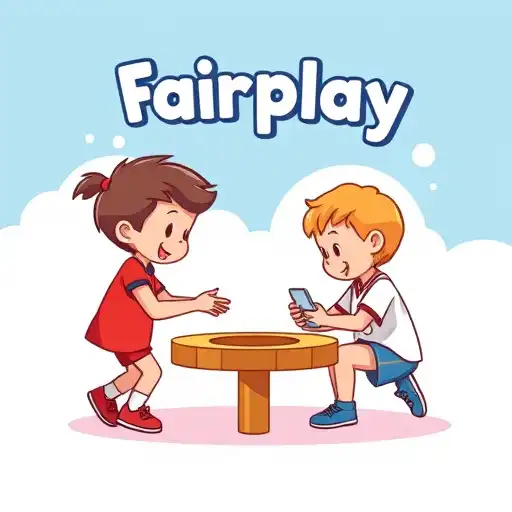In the ever-evolving landscape of online gaming, the 'Kids Games' category stands out as a crucial segment aimed at providing entertainment coupled with learning opportunities for young minds. At the heart of this category is the keyword 'fairplay,' which emphasizes the importance of honesty, respect, and equal opportunity for all participants. With the digital world expanding rapidly, ensuring fairness in children's games is more important than ever.
Fairplay is foundational in creating a gaming environment where children can thrive both educationally and socially. It promotes adhering to rules, respecting opponents, and valuing sportsmanship over mere victory. These principles are critical not only in games but also in real-life situations where ethical behavior and equality matter.
Games designed for children are often their first foray into structured competitive environments. Here, fairplay helps them learn vital life skills such as teamwork, patience, and strategic thinking. By incorporating fairplay, game developers can ensure that games reinforce positive behaviors and that young gamers are shielded from the pitfalls of toxic online interactions.
Educational benefits are also paramount in fairplay-driven games for kids. These games often incorporate cognitive challenges and problem-solving tasks that require fair participation among players. For instance, puzzle games or strategy games encourage children to cooperate and collaborate, fostering communication skills and reinforcing the idea that working together harmonizes success.
Moreover, parents and educators must be advocates for fairplay by actively engaging with the gaming activities of children. By understanding and participating in games, they can guide young players in navigating the challenges and complexities of digital environments. This involvement is key in establishing healthy screen-time habits and reinforcing the necessity of fairplay principles.
In conclusion, maintaining fairplay in kids games is essential in crafting a positive gaming atmosphere that balances fun with invaluable lessons. By focusing on fairness, game designers, parents, and educators together can shape a safer, more ethical, and ultimately more enriching digital world for children.

This article explores the significance of maintaining fairplay in kids games, highlighting how it fosters a positive and educational gaming experience.




